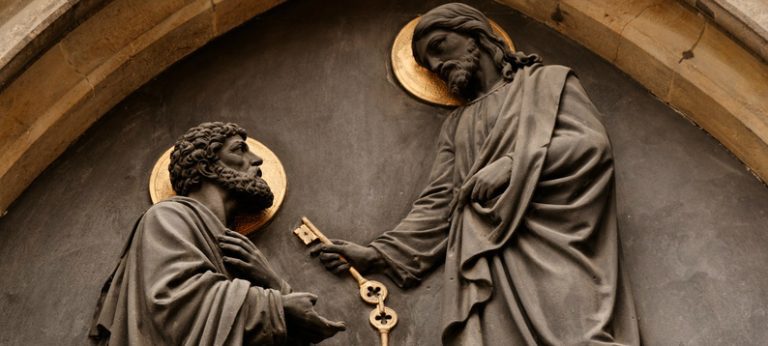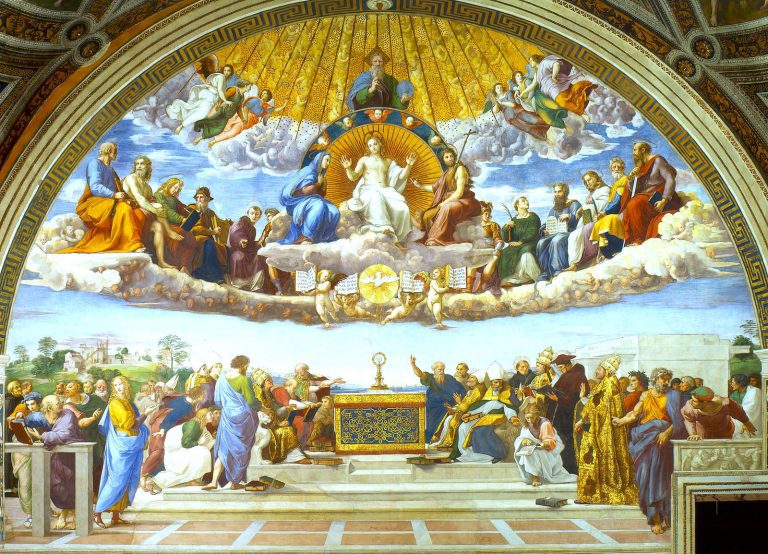In conversations with Protestants, one feeling emerges: “Protestantism lets me be happy as I am.” We may explain to Protestants that “Jesus Founded One Church. Isn’t it best to be in it?” Then, we get the first hint that many find happiness only where they are. “Protestantism lets me be happy as I am.”
We may explain that Jesus and His Bishops, who wrote the entire New Testament, repeated His clear call to Catholic Communion twenty times. “If you do not eat My Body and drink My Blood you do not have life in you.” We find that references to His Actual Body and Blood, made available in every Catholic Mass since The Last Supper, are utterly ignored. Again, we discover that: Protestantism means “I am happy as I am.”
Reminding Protestants that Jesus clearly ordained His Catholic priests with the power to forgive sins means little. “I don’t care if Jesus did tell Catholic priests ordained in living link with His Disciples, “Those whose sins you forgive on earth are forgiven in Heaven.” They avoid reasons to change. “Protestantism lets me be happy as I am.”
There is a smugness in Protestantism. “I need not change. I need only believe, say, and do what I want. I like being a Protestant.” We can see why! Underlying each denial of greater truth is a profoundly self-serving raison d’ etre: “Protestantism lets me be happy as I am.”
Now, if you ask them “Would you like an extra hundred thousand dollars?”, we would hear an immediate “Yes!” They would as eagerly accept a more expensive new car or home.
But, when they are promised forgiveness, and having “life in you”, and getting their immortal soul to Heaven, a different standard is used.
“I don’t want to be a Catholic!” they say. “Protestantism lets me be happy as I am.”








